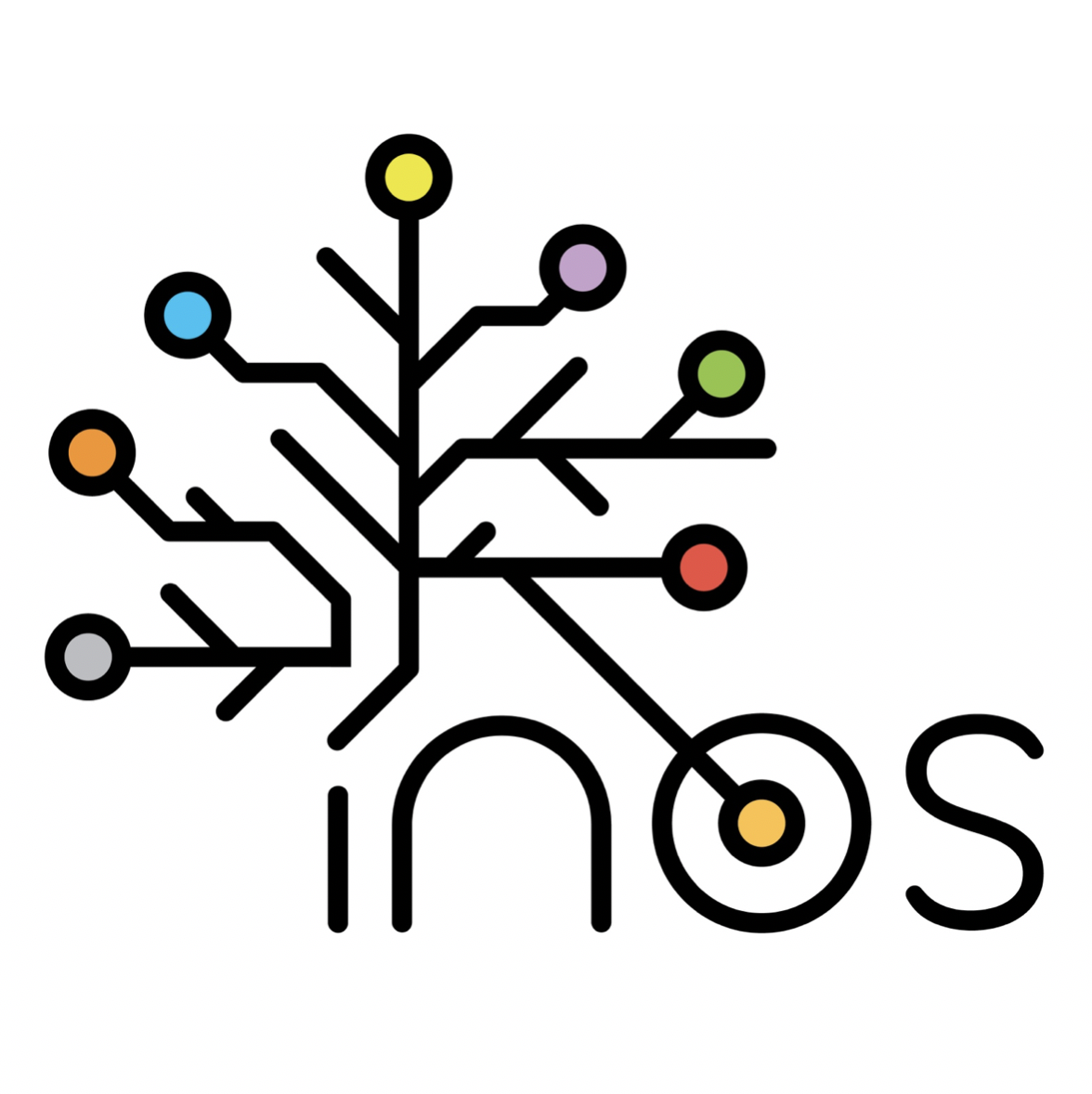INTELLECTUAL OUTPUTS
(O1) evidence-based overview of trends in OS (and CS) public activities and HEIs role: generate an evidence-based overview of trends in OS (and CS) public activities and question the role that HEIs assume (or do not assume), as a means of better situating HEIs within the knowledge base of science with and for society.
(O2) solidify OS (and CS) practice: through solid pedagogical grounding from well-tested active learning pedagogies. A learning design framework will be created to benefit future OS (and CS) activities.
(O3) encourage a collaborative effort between citizens together with HE staff and students: invite citizens at partner HEIs to join CS projects in the form of Open Knowledge Activities (OKAs) in a collaborative effort together with HE staff and students. Best practice guidelines, a collection of use cases and a guide on how to run OKAs will be released for maximum impact at local, national and international level. 12 OKAs in 6 countries will take place with around 420 participants Planned OKAs: Datathon, service jam, Dotmocracy workshop, Knowledge café, Sensor-based CS problem-solving, etc.
(O4) encourage collaboration and multidisciplinary approaches between students and HE staff: bring together HE staff and students in collaborative and interdisciplinary projects during 4 short (1-2 day) and 4 long (4-6 month) Open Innovation Activities (OIAs) ordganised by Partner HEIs. Implementation guidelines, use cases and a guide on how to run OIAs will be produced. The 8 OIAs will bring together around 400 participants, among them at least 270 students from different disciplines. Planned OIAs: hackathon, fablab, gamelab, Innovation sprint, FutureFactory, etc.
(O5) upskill HE staff (academic and library) and students: through the exposure to contemporary trends in public engagement (such as OS and CS). It also aims to modernise HE curricula by integrating OS and CS practices and then mainstreaming them in HE teaching practice. At least 15 learning and training resources in total (in curricula of at least 3 HE courses per HEI), will be upgraded.
(O6) trigger policy change by raising awareness on societal impact from OS (and CS) inside and outside HEIs: Two vision-building workshops with 30 participants each, and a LIBER pre-conference workshop with 30 attendants will be organised. A Roadmap for capacity building on OS/CS for research libraries, a Report on Stakeholders’ Consultation and Vision & Policy recommendations will be released openly.
In addition, 3 multiplier events in Copenhagen (40 participants), Bordeaux (50) and The Hague (65) will be held to promote INOS results and ensure transferability.

